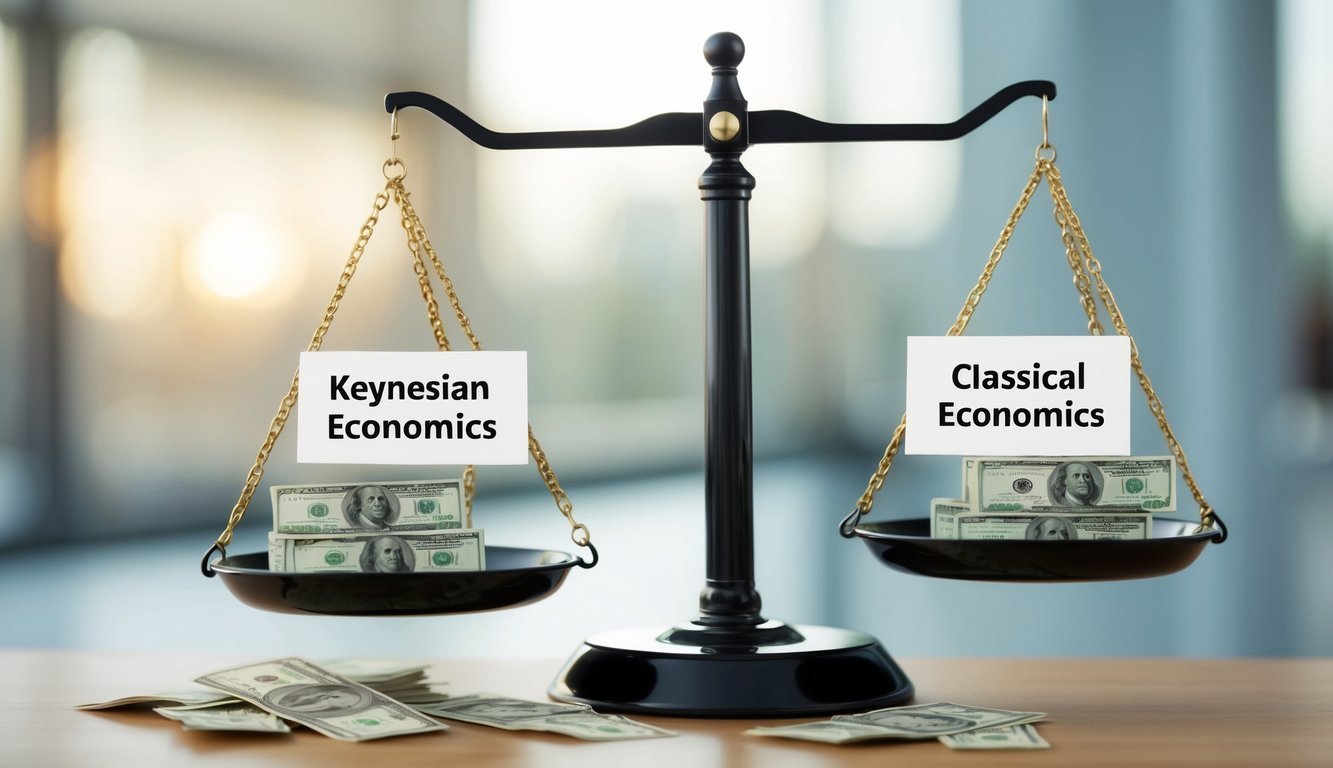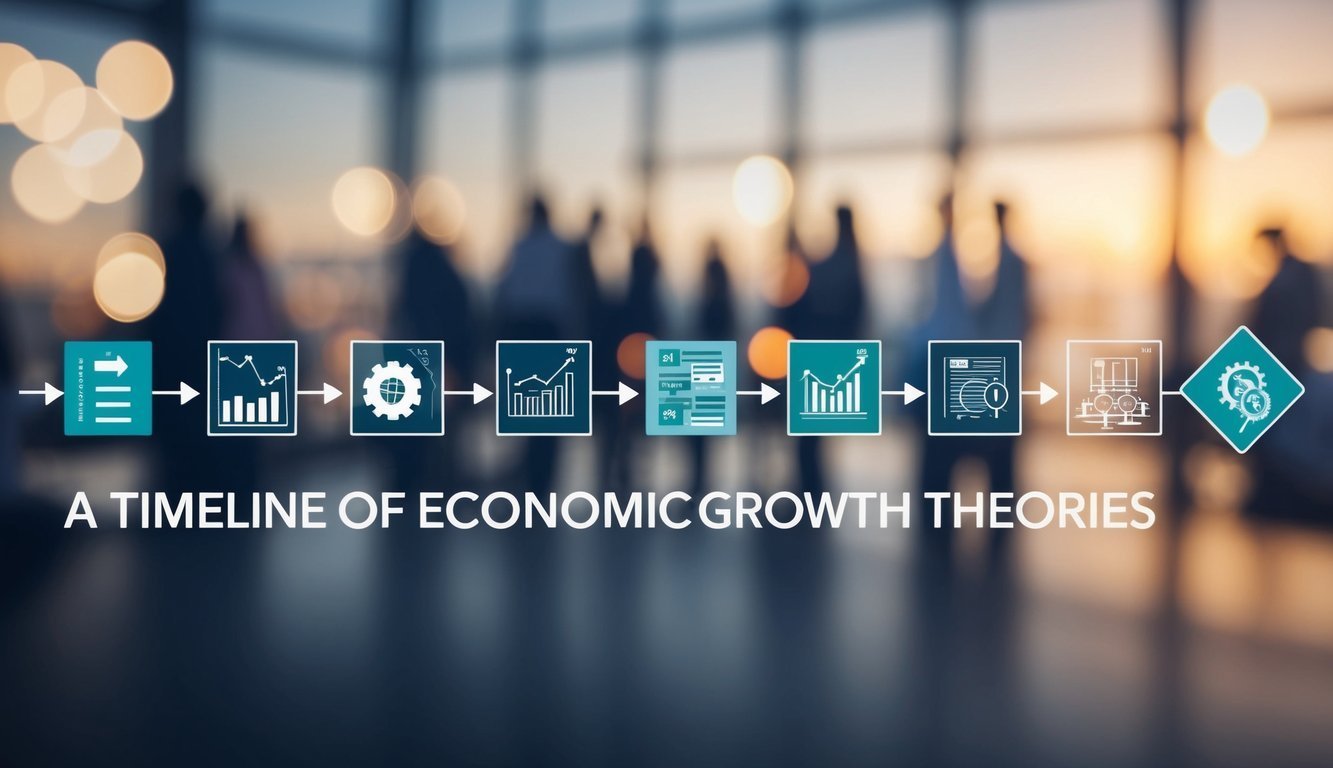Foundations of Economic Thought: Core Concepts Uncovered
Economic Growth Theories Explained: From Classical to Modern Perspectives – A Comprehensive Overview
Economic growth theories have evolved from classical models to modern approaches, incorporating factors like technology, human capital, and innovation to explain economic development dynamics.

Milton Friedman’s Contributions to Modern Economics: Reshaping Monetary Policy and Free-Market Theory
February 11, 2025
Milton Friedman revolutionized economic thought through his monetarist theories, advocating for free markets, limited government intervention, and the permanent income hypothesis in consumer behavior.

The Evolution of Economic Thought: A Brief History – From Smith to Modern Theories
February 11, 2025
Economic thought progresses from ancient philosophy to modern theories, reflecting societal changes, key figures, and interdisciplinary approaches addressing global challenges like inequality and climate change.

An Introduction to the Major Economists: Key Figures Shaping Economic Thought
November 4, 2024
Economics influences government policies and individual financial decisions, shaped by major thinkers like Adam Smith, John Maynard Keynes, and Karl Marx, whose theories impact modern society.

Adam Smith and the Invisible Hand: Foundational Concepts in Economics – The Enduring Legacy of Market Self-Regulation
February 11, 2025
The invisible hand represents how individual self-interest in free markets can lead to collective societal benefits, influencing modern economic theories and policies on resource allocation.

Keynesian Economics vs. Classical Economics: A Comparison – Key Differences Explained
February 11, 2025
Keynesian economics advocates for government intervention to manage aggregate demand, while classical economics emphasizes free markets and minimal government interference for economic stability and growth.

Introduction to Applied Economics: Practical Analysis for Real-World Decision-Making
November 4, 2024
Applied economics uses theoretical concepts to address real-world issues, employing data analysis and statistical methods for informed decision-making in business, government, and policy formulation.

